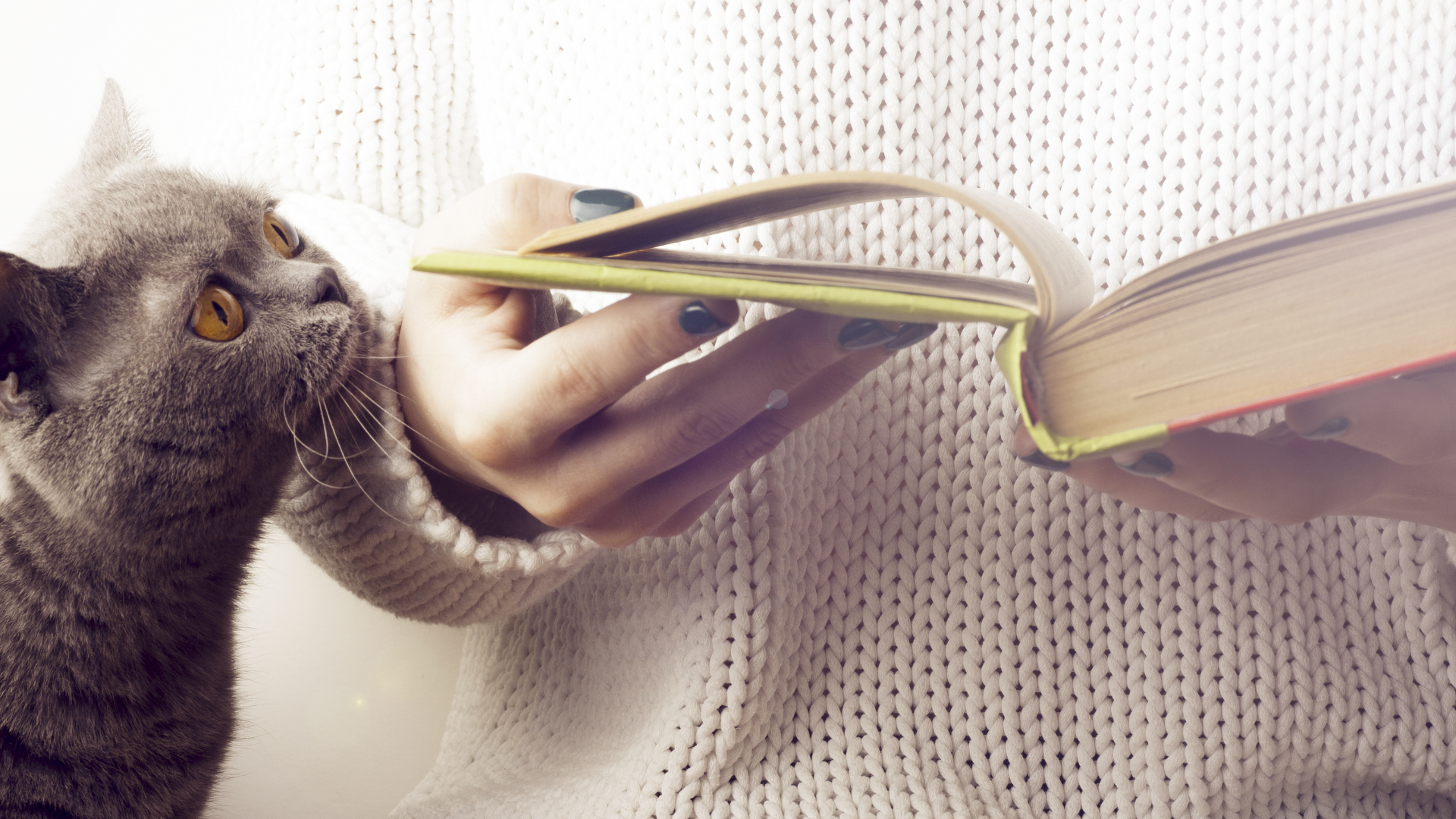By: Shashi DeHaan, MSW, LISW, MAS-IFP, IMH-E ®, CFTP, guest author
Clinical Supervisor – Cuyahoga | Infant Early Childhood Mental Health, Applewood Centers
My Infant Mental Health (IMH) journey began in Arizona. My professors offered an enriching one-year intensive program with a practicum, including 90 clock hours of observation and reflective supervision seminar. My final project of my Masters in Infant Family Practice was the development of my IMH credentialling portfolio with the Arizona association of IMH. You know how it goes; you get your brand-new, shiny degree and think you got this work mastered. The credentialing required that I literally tick the boxes of education, work experience, and training in evidence-based competencies of IMH.
As an Infant/Toddler Mental Health Clinician doing child welfare assessments, I discovered my false sense of confidence in a degree alone.
I dove deep into the work and realized all my education and training was rich but not nearly enough to face the challenges of working within vulnerable contexts. Sitting with the vulnerabilities of young children and families who cannot or do not speak about their painful experiences is humbling because trust is earned. At the time, I was receiving monthly group reflective supervision through my agency. This group was helpful to my growth. However, with the evocative nature of the work paired with the pace of my passion to support families’ needs, I needed more sustainability.
I worked with a reflective consultant three times a month. Through the eyes of a supportive ally, I begin to see how the words that I meant for good may have harmed with subtle judgement. It is in the safety of this reflective partnership; I safely encountered my barriers and biases and discovered how my strengths and weaknesses could be used to support the service needs of young children and their families.
Building my IMH health practice capacity was linked to building my IMH credentialing portfolio. In the peer-reviewed portfolio, I had to explain how reflective supervision strengthened my IMH practice. Two years later, I took a 2-part exam, with multiple choice and vignette responses. Like many professional exams, I didn't know if I passed until I received the results. I achieved my infant mental health specialist credential in Arizona in 2017.
When I moved to Pennsylvania, I realized that if I wanted to practice as a clinician, I needed to go back and get a licensed-eligible degree.
My credential was honored by the Pennsylvania Association for infant mental health with a couple of email exchanges. While I studied for my Masters in social work, I started my own reflective supervision consultation and Infant Early Childhood Mental Health (IECMH) consultation practice. A few years later, I submitted my infant mental health mentor clinical portfolio and passed a second exam. As long as I maintain my credentials, reflective supervision is required.
Last August, I landed in Ohio to start a longed-for opportunity as an IECMH clinical supervisor only to realize that my credential was not as portable as I thought. Surprisingly, my social work license took only six weeks to transfer. I'm grateful that there were leaders in the state who recognized my need for the transferability of my IECMH credential. Thirty-two hours and seven months later, I received my Ohio model Early Childhood Mental Health (ECMH) credential.
I have to acknowledge that I carry a bias based on these credentialing experiences. In addition, to the portability issues with credentialling between Ohio and other states, I see reflective supervision as the significant difference. Reflective Practice capacity is required, but reflective supervision is not required.
The Alliance for the Advancement of Infant Mental Health’s endorsement model recognizes that there is an opportunity in developing your practice skills within the context of a relationship that parallels the growth desired by families with young children. As practitioners, we desire mutual, reciprocal empowerment within ourselves to support growth within families. Reflective supervision offers opportunities to see how when we adapt to those needs, we shift our perspective of families’ paths with barriers, the harm they have suffered, and the achievements they have celebrated, and the angels who inspired them.
My journey through the Alliance for the Advancement of Infant Mental Health’s endorsement model credentialing offered me the chance to build my confidence with authenticity, not as an expert but as a sojourner, co-creating our growth and healing.







.png)
